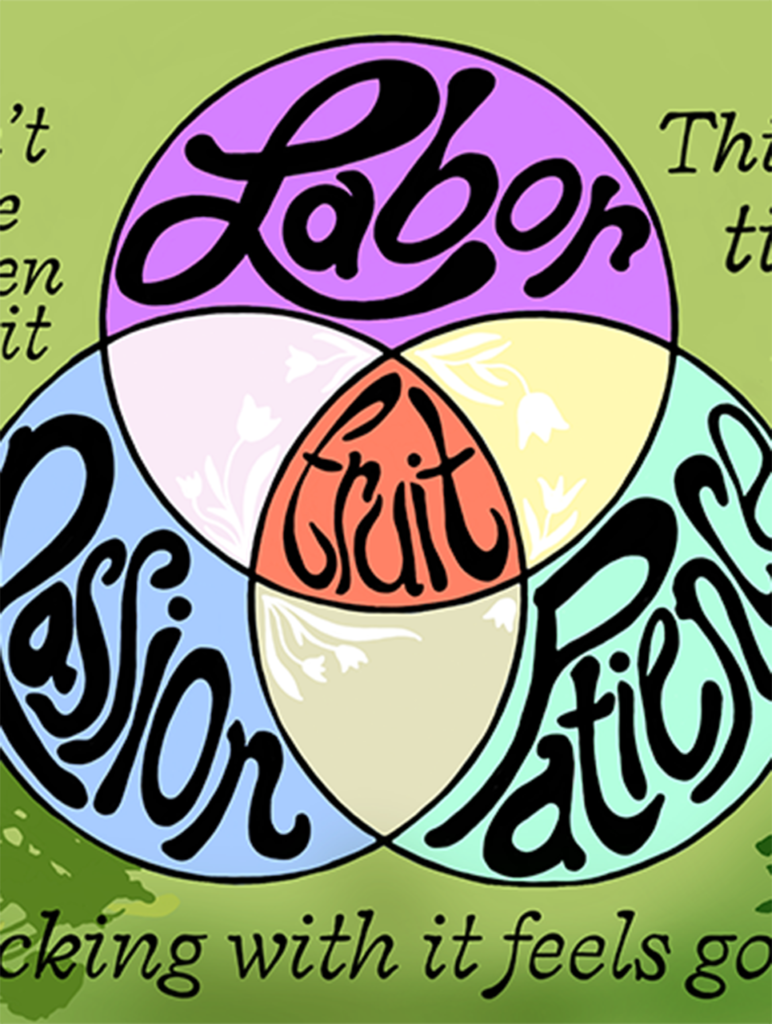Illustration by Mike L. Perry
House of Cards
by Logan Welde
What if I were to tell you there was a system in Pennsylvania, and in most states, that—in principle—ensures that new buildings are built to the safest-known standards, with the best-known technology to save lives and reduce energy consumption? What if I were to tell you that that system exists, but the Pennsylvania Builders Association has hijacked it and all but ensured that new codes will not be adopted in Pennsylvania?
That’s exactly what’s happening now.
This is not only a critical safety issue, but an important environmental issue. The Pennsylvania Builders Association (PBA), in a petition to the state, argues that the adoption of new codes on the current cycle is “bad public policy and harmful to its members.” Common sense energy-efficiency standards aren’t being implemented because the builders’ lobby wants construction to be as cheap as possible, regardless of the consequences.
Pennsylvania’s building code adoption process was, originally, among the best in the country. It was an “opt-out” system. It allowed for the new codes from the International Code Council to be automatically adopted every three years, but also allowed for the experts—the Review and Advisory Council (RAC)—to exclude provisions unworkable for Pennsylvania.
This process worked; the 2009 codes were adopted without a hitch. But when a proposed law called for all new one- and two-family homes to be equipped with fire sprinklers, builders were furious—they worried it would cost them too much, despite the fact that the U.S. Fire Administration estimates that sprinklers could prevent thousands of deaths, save hundreds of millions of dollars in property losses and lower home insurance.
In response, the PBA lobbied state legislators and then-Governor Corbett to change the system. The PBA won and got a law that all but guaranteed the end of code updates in Pennsylvania.
This law, Act 1 of 2011, flipped the process to an “opt-in,” and required a super-majority (a two-thirds majority) of the RAC to adopt any new codes at all—all but killing building code adoption in Pennsylvania.
In 2012, no new codes were adopted. These revisions included energy saving provisions that would save homeowners thousands of dollars per year in energy bills.
There was hope that the 2015 codes would be adopted, but the Pennsylvania Department of Labor & Industry (PDL&I), which oversees building codes, shattered that hope. PDL&I arbitrarily interpreted Act 1 in a way to forever disallow the RAC from adopting new codes that it had passed over before. This disallowed the RAC from adopting better energy codes since many did not change between 2012 and 2015. The RAC objected, but felt bound by it. As one RAC member quoted in their May meeting minutes put it, the interpretation would result in a code “so confusing that there’s not a person… that will be able to understand this process.”
Nevertheless, the RAC subcommittees set out to review the 2015 code and voted to adopt over 98 percent of the changes. But when the full RAC committee voted on the well-reasoned decisions of the subcommittees, due to the super-majority requirement on voting, it adopted only 16 of the almost 2,000 revisions.
Not adopting new building codes in Pennsylvania is extremely troubling and dangerous. New building codes keep buildings and residents safe, can drastically lower utility bills and will help Pennsylvania reduce its greenhouse gas emissions. By its own admission, PDL&I declared that not adopting new codes is against the best interest of the public; that it “negatively impacts Pennsylvania’s ability to compete with other states.”
According to the U.S. Environmental Protection Agency, generating electricity from power plants is the single largest source of anthropogenic carbon dioxide emissions in the U.S. Buildings in suburban and rural areas consume up to 40 percent of the total energy produced; in urban areas, buildings consume up to 70 percent of the total energy produced. Constructing buildings that are more energy efficient allows Pennsylvania to greatly reduce the amount of energy produced and lower its greenhouse gas emissions.
The Clean Air Council is suing the state of Pennsylvania to challenge the code adoption process so the state can move forward with better, safer buildings and cleaner air. The City of Philadelphia requested permission to adopt the 2015 codes, but PDL&I refused.
Gov. Tom Wolf has the ability to fix this broken system through his oversight of PDL&I, but has chosen not to do so. Before his election, he pledged to “work to amend Act 1 of 2011 so that our codes remain up-to-date, we are promoting the highest energy efficiency standards, and Pennsylvania residents are living and working in safe and healthy environments.” Pennsylvania’s legislature could fix this, too.
This issue affects millions of homeowners from a financial and safety standpoint. If we can’t adopt new building codes in Pennsylvania, the state loses a valuable way to address climate change, homeowners lose money and the unluckiest of us will lose our lives. Only the builders win.
Logan Welde is a staff attorney with the Clean Air Council.








